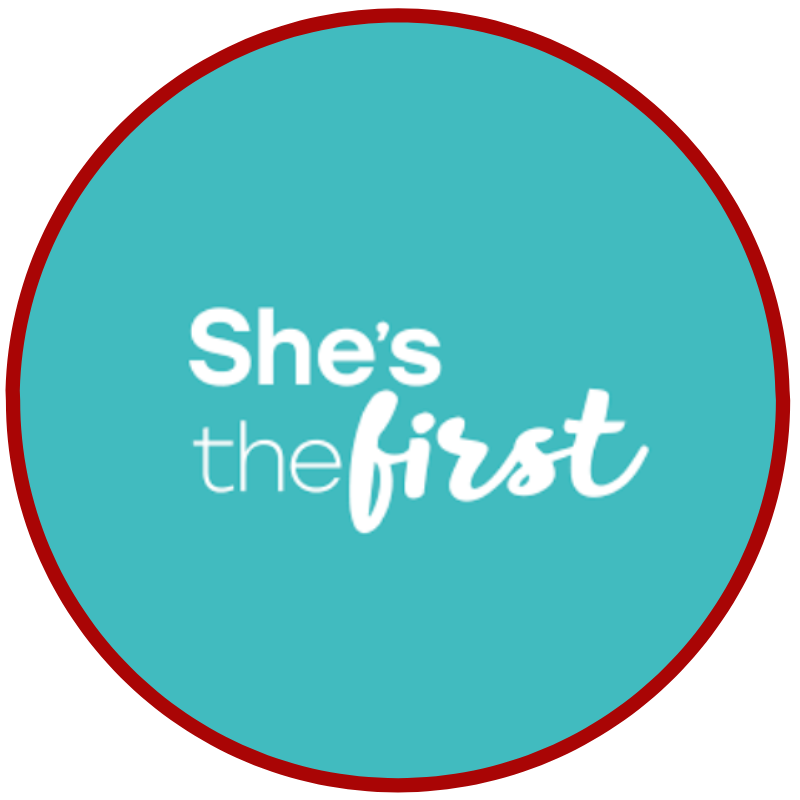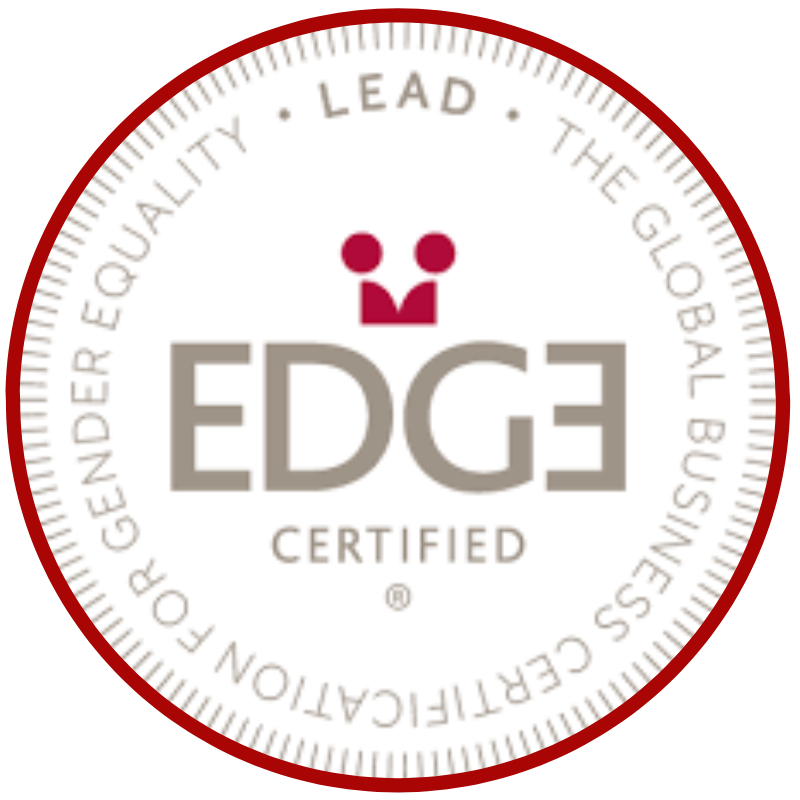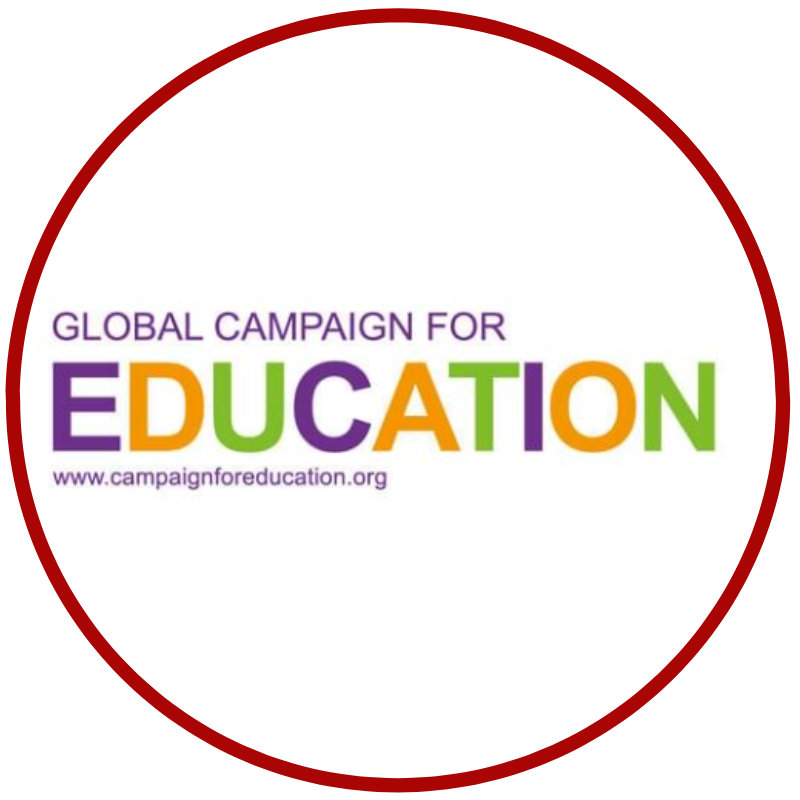 Last week, I traveled to Yerevan, Armenia to facilitate a two day conference of women from across Armenia, and from various political parties and NGOs, to develop a national womens policy platform. The goal of developing such a platform is to use it to advocate for changes to government policy and for inclusion in political party platforms and campaigns. The conference was sponsored by the National Democratic Institute for International Affairs (NDI), USAID, the British Council and the United Nations Development Program (UNDP). We initially expected 150 to 180 participants, but we were gratified that more than 300 women, and some men, from very diverse backgrounds and affiliations attended the conference. Despite a hot and overcrowded room on day one, almost every one of the 260 seats was filled on day two.
Last week, I traveled to Yerevan, Armenia to facilitate a two day conference of women from across Armenia, and from various political parties and NGOs, to develop a national womens policy platform. The goal of developing such a platform is to use it to advocate for changes to government policy and for inclusion in political party platforms and campaigns. The conference was sponsored by the National Democratic Institute for International Affairs (NDI), USAID, the British Council and the United Nations Development Program (UNDP). We initially expected 150 to 180 participants, but we were gratified that more than 300 women, and some men, from very diverse backgrounds and affiliations attended the conference. Despite a hot and overcrowded room on day one, almost every one of the 260 seats was filled on day two.
We started the conference with remarks from international experts representing the US, Armenia, Macedonia and Sweden, including US Ambassador for Global Womens Issues Melanne Verveer (by video) and the US Ambassador to Armenia Marie Yovanovitch, who has been a champion for increasing womens participation in Armenia. These international experts shared their personal experiences as women in politics and how women have strategized to advocate for policy changes that benefit women in their countries. Here is a good summary of that first day: http://www.armradio.am/eng/news/?part=soc&id=19998
The participants were from both Yerevan and the regions (Armenia consists of ten regions); they were all passionate about Armenias future and the needs of Armenian women. They came to the conference with strong — and often conflicting — opinions of how to best address the major issues facing Armenian women. Over the two days, they argued with each other, listened to each other, worked together and when necessary made decisions by voting on different formulations of policy. By the end of day two, not only had they come to agreement on a draft set of initial policy recommendations, they stayed for numerous pictures,friendly conversationsand a willingness to take the next steps.
The platform focused on four critical issue areas: (1) increasing womens access to health care, (2) increasing womens access to economic opportunity, (3) increasing womens political participation, and (4) decreasing domestic and gender based violence. We broke into smaller groups and did the hard work of debating and prioritizing how to best address these issues. The participants agreed in principle to policy initiatives in each area, after spending almost 8 hours in their small groups and 2 hours in a session getting feedback from international experts and their fellow conference participants. NDI staff had done great pre-conference work, interviewing over 100 Armenian women and conducting focus groups as a basis for this work.
In my next blog, Ill write more about the issues facing Armenian women and the specific policy ideas that the conference prioritized. It was a great few days, and I look forward to cheering on this group, and other advocates for womens policy in Armenia, as they move ahead.





